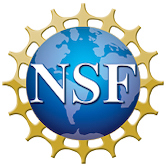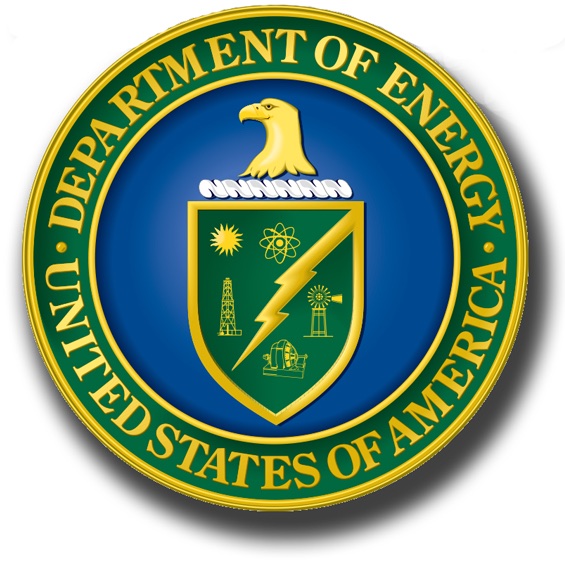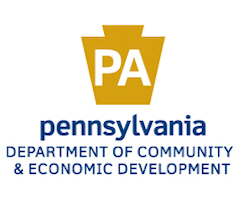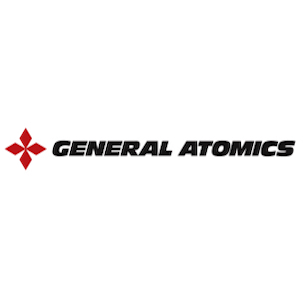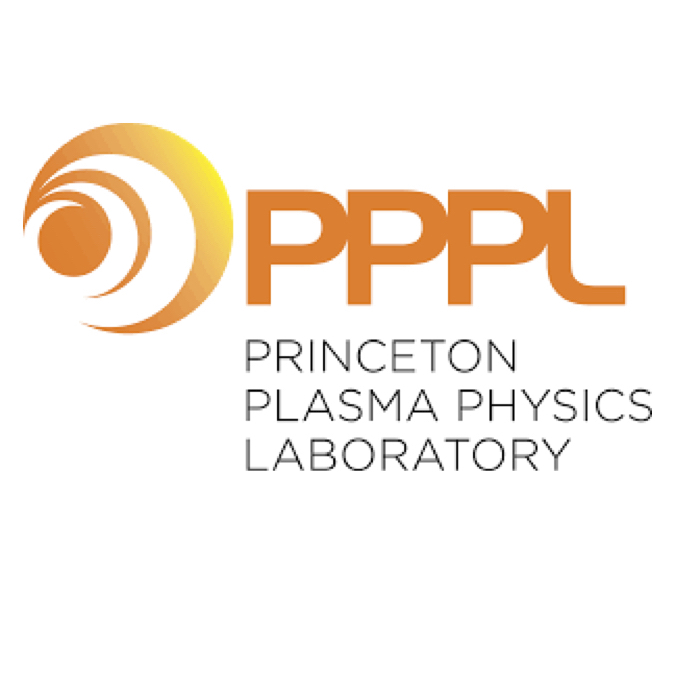Fast Model-Based Scenario Optimization in NSTX-U Enabled by Analytic Gradient Computation
B. Leard, E. Schuster, S.T. Paruchuri and T. Rafiq
Symposium on Fusion Technology (SOFT)
September 18-23, Dubrovnik, Croatia, 2022
Model-based optimization offers a systematic approach to advanced
scenario planning. In this case, the feedforward-control inputs
(actuator trajectories) that are necessary to attain and sustain a
desired scenario are obtained by solving a nonlinear constrained
optimization problem. This class of problems generally minimize a cost
function that measures the difference between desired and actual plasma
states. Several numerical optimization algorithms, such as sequential
quadratic programming, require repeated calculation of the cost function
gradients with respect to the input trajectories. Calculating these
gradients numerically can be computationally intensive, increasing the
time needed to solve the feedforward-control optimization problem. This
work introduces a method to analytically calculate these cost function
gradients from the plasma dynamics. This can significantly reduce the
computational time and allow for fast feedforward-control optimization,
which would eventually enable optimal scenario planning between discharges.
The performance of the feedforward optimizer with analytical gradients
is compared to a traditional optimization algorithm based on numerical
gradients for different NSTX-U scenarios. The plasma dynamics in the
optimization algorithm are simulated using the Control Oriented Transport
SIMulator (COTSIM). Results of the work show that analytical gradients
consistently reduce the computation time while achieving trajectories
that are comparable to those obtained by traditional optimization
algorithms based on numerical gradients.
*Supported by the US DOE under DE-SC0021385.
